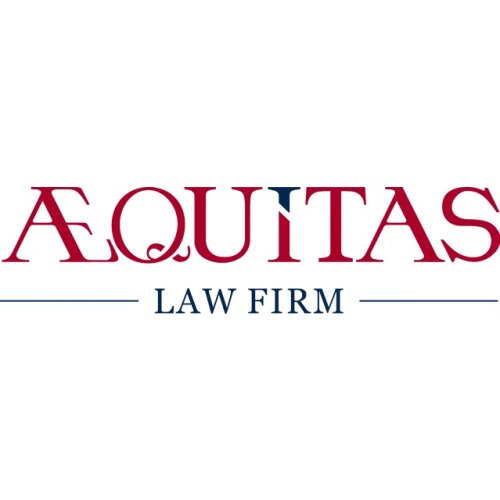Best Hiring & Firing Lawyers in Almaty
Share your needs with us, get contacted by law firms.
Free. Takes 2 min.
List of the best lawyers in Almaty, Kazakhstan
About Hiring & Firing Law in Almaty, Kazakhstan:
In the city of Almaty, as in the rest of Kazakhstan, the framework for hiring and firing employees is governed by the Labor Code. This comprehensive legislation addresses multiple concerns, ranging from the contractual rights of parties to procedures for hiring and termination. Employers must meet specific criteria and follow certain procedures to legally terminate an employment contract. Likewise, the labor code outlines rules and obligations to be fulfilled when hiring new employees. The law in Kazakhstan is designed to balance the interests of employers and employees while ensuring the fair treatment of all workers.
Why You May Need a Lawyer:
Despite the legal provisions in place, disputes and confusions often arise in the realm of employment relationships. This can range from wrongful dismissal claims, unfair labor practices, to issues concerning benefits and compensation. Employees may need a lawyer to understand their rights and initiate a formal complaint procedure if necessary. Employers may need legal assistance to ensure they are following the law when hiring or firing employees and to protect themselves from potential lawsuits. A lawyer in this field can also help with contract drafting, interpretation of complex regulations, and representation in court if necessary.
Local Laws Overview:
The key aspects of the law in Almaty, Kazakhstan related to hiring and firing predominantly revolve around the legal definitions of employment contracts, working hours, grounds for termination, and protections for employees. Employers are obliged to provide clear contracts and they cannot terminate employment without serious grounds as mentioned in the Labor Code. Employees have the right to fair treatment, non-discrimination, and appropriate compensation for their work. The process for hiring, firing, resolving disputes, and executing disciplinary proceedings is also well-delineated by the law.
Frequently Asked Questions:
What are the main grounds for termination of employment?
These can include employee misconduct, organizational restructuring, and unsatisfactory job performance. However, employers must follow a strict procedure and provide sufficient evidence for any claims.
Are there any specific protections for employees on maternity leave?
Yes, under the Labor Code of Kazakhstan, employees cannot be dismissed while on maternity or parental leave, except in cases of liquidation of organizations.
What are the rules regarding overtime and remuneration?
Overtime work is limited and should be compensated. The specifics depend on the type of work and agreements made in employment contracts.
Can an employer change the conditions of employment unilaterally?
No, any change of conditions like pay, working hours, duties, etc. should be mutually agreed upon in a revised contract.
Can an employee file a complaint against wrongful termination?
Yes, an employee can lodge a complaint with the local labor inspectorate or can proceed with a lawsuit if they believe they were wrongfully terminated.
Additional Resources:
For further information, consider contacting local labor unions, the local labor inspectorate, or the ministry of labor and social protection of Kazakhstan. Many of these institutions provide resources online and offer assistance to both employers and employees in understanding their rights and obligations.
Next Steps:
If you believe you require legal assistance in matters related to hiring or firing in Almaty, Kazakhstan, you should consider reaching out to a local labor law attorney. They can guide you through the complexities of the law and ensure your rights are protected and obligations are met. Prepare your relevant documents and be ready to provide a detailed recount of your situation for the most accurate advice.
Lawzana helps you find the best lawyers and law firms in Almaty through a curated and pre-screened list of qualified legal professionals. Our platform offers rankings and detailed profiles of attorneys and law firms, allowing you to compare based on practice areas, including Hiring & Firing, experience, and client feedback.
Each profile includes a description of the firm's areas of practice, client reviews, team members and partners, year of establishment, spoken languages, office locations, contact information, social media presence, and any published articles or resources. Most firms on our platform speak English and are experienced in both local and international legal matters.
Get a quote from top-rated law firms in Almaty, Kazakhstan — quickly, securely, and without unnecessary hassle.
Disclaimer:
The information provided on this page is for general informational purposes only and does not constitute legal advice. While we strive to ensure the accuracy and relevance of the content, legal information may change over time, and interpretations of the law can vary. You should always consult with a qualified legal professional for advice specific to your situation.
We disclaim all liability for actions taken or not taken based on the content of this page. If you believe any information is incorrect or outdated, please contact us, and we will review and update it where appropriate.










